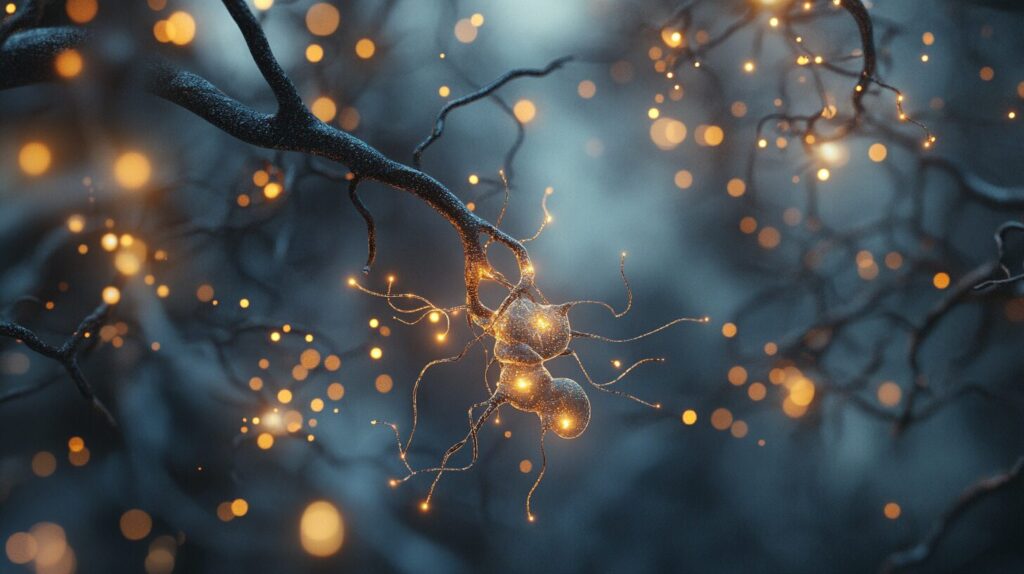
Why we sleep with Dr Matthew Walker
Dr Matthew Walker sleep advice for stressed adults…meets sacred ritual
If you’ve ever read Why We Sleep or listened to neuroscientist Dr. Matthew Walker speak, you know he’s one of the leading voices in sleep science today. His research has helped millions understand just how vital sleep is—not just for feeling good, but for mental clarity, physical healing, emotional resilience, and even longevity.
But understanding why sleep matters is only part of the puzzle. The real transformation happens when we know how to rest—and that’s where ancient systems like Ayurveda, yoga, and breathwork become powerful allies.
In this post, I’m sharing some of the most fascinating tips from Dr. Walker’s recent interview and how you can turn them into living rituals that actually shift your nervous system through the work that I do.
1. The 8 vs 7 Reality Check: Rethinking “Enough Sleep”
To get 7 hours of real sleep, you need about 8 hours in bed.
Most people think 7 hours in bed equals 7 hours of sleep—but that assumes you fall asleep instantly and stay asleep the entire night. In reality, we lose time to waking, shifting, and light sleep. This is where evening rituals become essential—not to knock you out, but to help the body transition into deeper stages of sleep more efficiently.
Ayurvedic Tip: Start winding down at least 90 minutes before bed. Use warm oil self-massage (abhyanga), herbal teas, or gentle pranayama to invite your system into stillness.
2. Sleep Regularity > Sleep Quantity
“Your body doesn’t just care how much you sleep—it cares when.”
According to Dr. Walker, irregular sleep/wake times increase your risk of illness more than total sleep quantity. This reflects the ancient Ayurvedic teaching of living in sync with nature’s rhythms.
Sleepology Suggestion: Set a sleep and wake window you honour like a sacred appointment. Even 15-20 minutes of consistency makes a huge difference. Think of it not as a rule, but a ritual—your body loves rhythm.
3. The “To-Bed” Alarm: A Ritual Reminder
“We set an alarm to wake up—but rarely one to go to sleep.”
A bedtime alarm is one of the most effective tools to prompt the wind-down cascade: dim lights, no screens, perhaps a book or meditation. It mirrors what yogis call pratyahara—the withdrawal of the senses.
Try This: Set a recurring 9:00 PM “Rest Alarm.” Use it as a cue to put devices away, lower the lights, sip something warm, and tune into your breath.

4. The Mind-Off-Itself Method: Let Go to Let Sleep In
“Sleep happens when you stop trying to make it happen.”
This tip really resonates with my own journey. When we’re anxious about sleep, we turn it into a performance. Dr. Walker suggests practices that redirect attention—like visualizing a walk, doing a body scan, or box breathing.
My Practice: I teach a guided yogic body scan (yoga nidra style) in many of my courses. Or, try left-nostril breathing for 5 minutes to lower stress hormones and slow the mind.
5. The Two-Cover and Swedish Sleep Methods
“Separate duvets—or even twin mattresses—can transform sleep for couples.
This one is practical and liberating. Sleep is not a measure of closeness—it’s about recovery. If sharing a duvet or mattress is disrupting your rest, it’s okay to adjust the setup without guilt.
Sacred Framing: In Ayurveda, sleep is a form of healing therapy. Creating a space that supports deep rest—whether shared or solo—is an act of love for both of you.
6. Caffeine’s Quarter-Life Shock
“Even a noon coffee can affect your midnight sleep.”
Caffeine’s effects linger longer than we realise. It can suppress melatonin and keep the nervous system alert, even when you feel tired.
Swap It: Try warm water with lemon and ginger in the morning, and tulsi or chamomile tea after 2 PM. Breathwork can also energise you without stimulants.
7. Alcohol and REM Theft
“Even one glass of wine reduces deep sleep and REM.”
This is one of the hardest truths for many of us to swallow. Alcohol may make you feel sleepy, but it blocks the deepest, most healing stages of sleep; especially REM, which is vital for emotional processing.
Ayurvedic Insight: Ayurveda considers alcohol a rajasic toxin, disturbing the mind and aggravating vata. If you do drink, give your body time (at least 3 hours) before bed and hydrate with calming herbs.
8. The Stress-Writing Intervention
“Writing down worries before bed reduces sleep latency by 50%.”
This is beautifully aligned with the yogic idea of samskara release—giving the mind a place to offload patterns before they disturb sleep.
Try This Ritual: Set a timer for 10 minutes 2 hours before bed. Free-write anything that’s on your mind—no filter. Then close the journal and let the thoughts go with a calming breath.
9. The Power of REM and Dreams
“REM sleep helps strip emotion from painful memories.”
Dreaming is a form of overnight therapy. When we are regularly sleep-deprived, we lose this emotional cleansing. And if we’ve been drinking or under stress, we may experience a REM rebound—intense dreaming when the brain is catching up.
Yogic Wisdom: In yoga nidra, we intentionally enter a dream-like state while awake. Practicing this regularly may support lucidity, insight, and emotional integration—without sleep debt.

Final Thought: From Data to Deep Rest
Matthew Walker gives us the why. As a sleep guide rooted in ancient wisdom, I help you with the how—the embodied practices that regulate your nervous system, calm your mind, and teach your body to trust sleep again.
If you’re ready to go beyond tracking and tips, and step into sacred rest, I invite you to explore the Sleepology path with me.
Want to begin tonight?
Take my free Ayurvedic Energy Audit and get personalised tips for your constitutional type.
